12 Everyday Foods That Quiet Chronic Inflammation Naturally
Chronic inflammation is increasingly recognized as a silent contributor to a myriad of health issues, from cardiovascular diseases to autoimmune disorders. While inflammation is a natural response to injury or infection, chronic inflammation can lead to long-term damage if not managed properly. Fortunately, diet plays a pivotal role in moderating inflammation levels in the body. Embracing an anti-inflammatory diet doesn’t require exotic ingredients or elaborate recipes. Instead, it involves incorporating common, everyday foods known for their anti-inflammatory properties into your meals. This article will explore 12 such foods, each a powerhouse in its own right, and how they can help transform your health by naturally calming chronic inflammation. We'll delve into the science behind each food's benefits, practical ways to incorporate them into your diet, and the broader implications for your health and wellness journey. By the end of this exploration, you'll be equipped with the knowledge to turn your kitchen into a hub of health-promoting, inflammation-fighting cuisine.
1. Olive Oil: The Liquid Gold
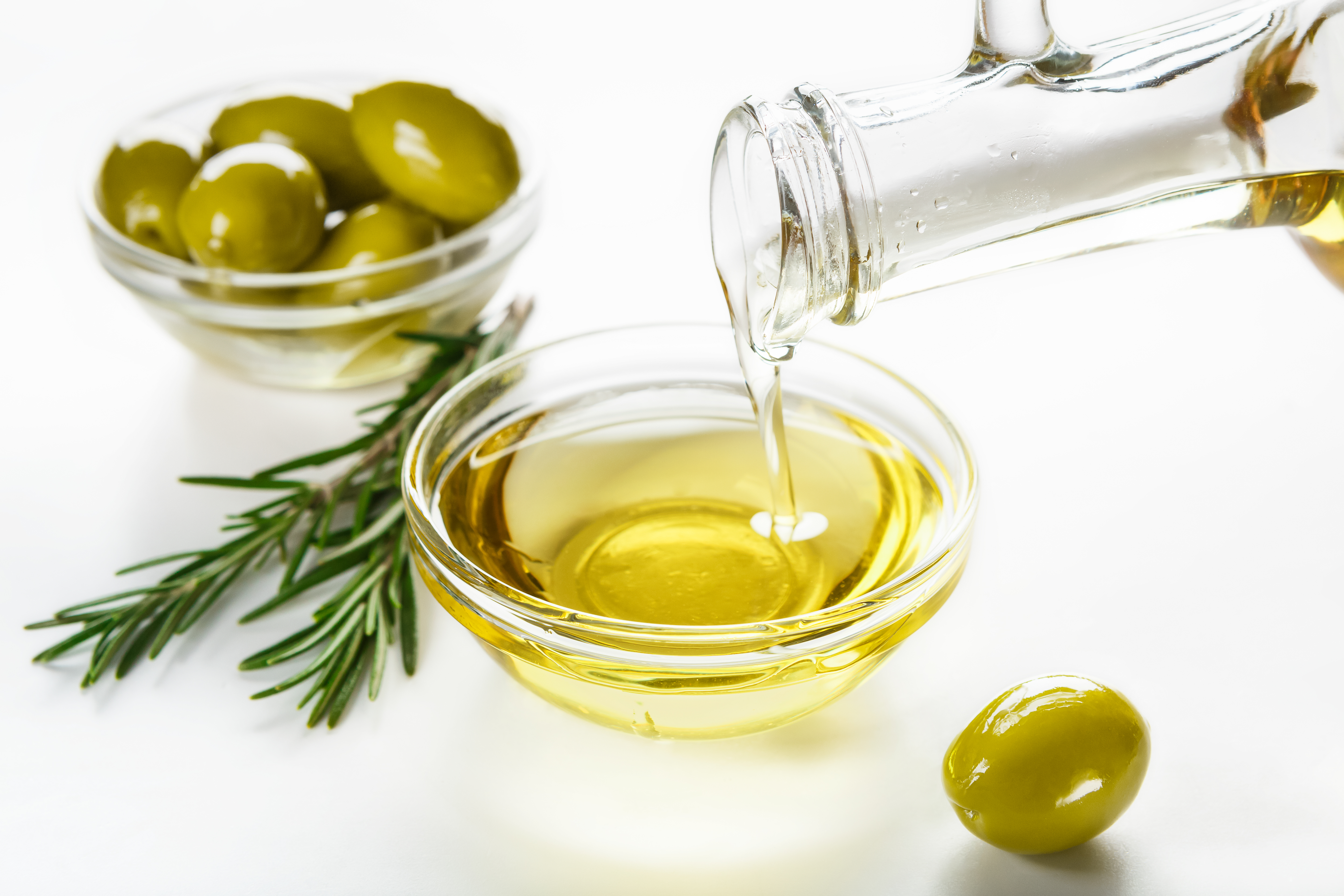
Olive oil, particularly extra virgin olive oil, is a staple of the Mediterranean diet, renowned for its health benefits. Rich in monounsaturated fats and polyphenols, olive oil has been shown to reduce inflammation markers such as C-reactive protein. The phenolic compounds in olive oil, like oleocanthal, have anti-inflammatory properties similar to ibuprofen. Incorporating olive oil into your diet can be as simple as using it for salad dressings, drizzling it over roasted vegetables, or substituting it for butter in cooking. By doing so, you not only enhance the flavor of your dishes but also infuse them with a dose of anti-inflammatory goodness. Regular consumption of olive oil has been linked to reduced risks of heart disease, stroke, and certain cancers, highlighting its role as a cornerstone of an anti-inflammatory diet.
2. The Berry Brigade: Blueberries, Strawberries, and More
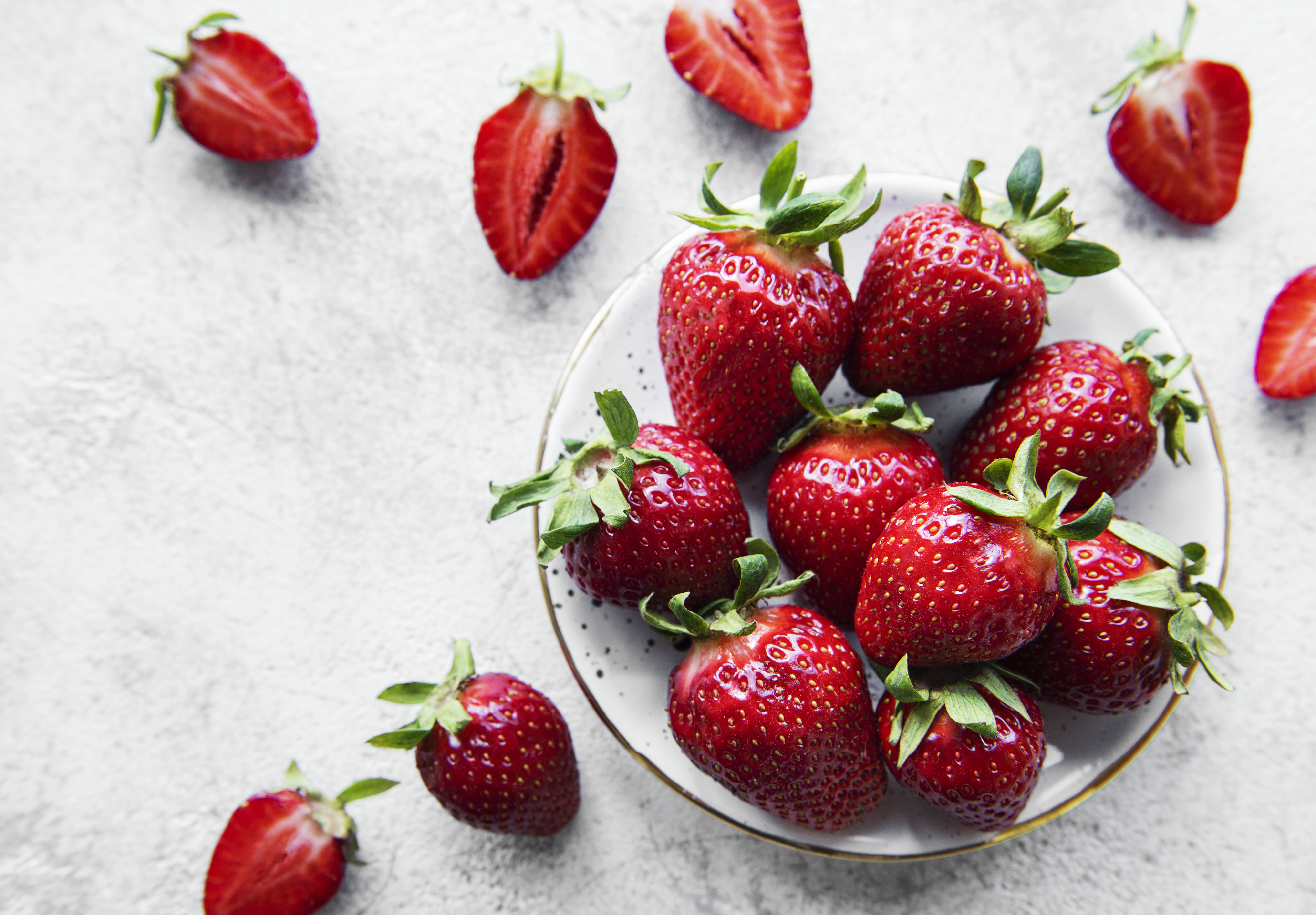
Berries are small but mighty when it comes to their anti-inflammatory effects. Blueberries, strawberries, raspberries, and blackberries are rich in vitamins, minerals, and antioxidants, particularly anthocyanins, which give them their vibrant colors. These antioxidants help combat oxidative stress and reduce inflammation. Studies have shown that regular consumption of berries can lower inflammation markers and reduce the risk of chronic diseases such as heart disease and diabetes. Berries are versatile and can be added to smoothies, oatmeal, yogurt, or eaten as a snack. Their natural sweetness makes them a delightful addition to any meal, proving that fighting inflammation can be as delicious as it is nutritious.
3. The Power of Leafy Greens
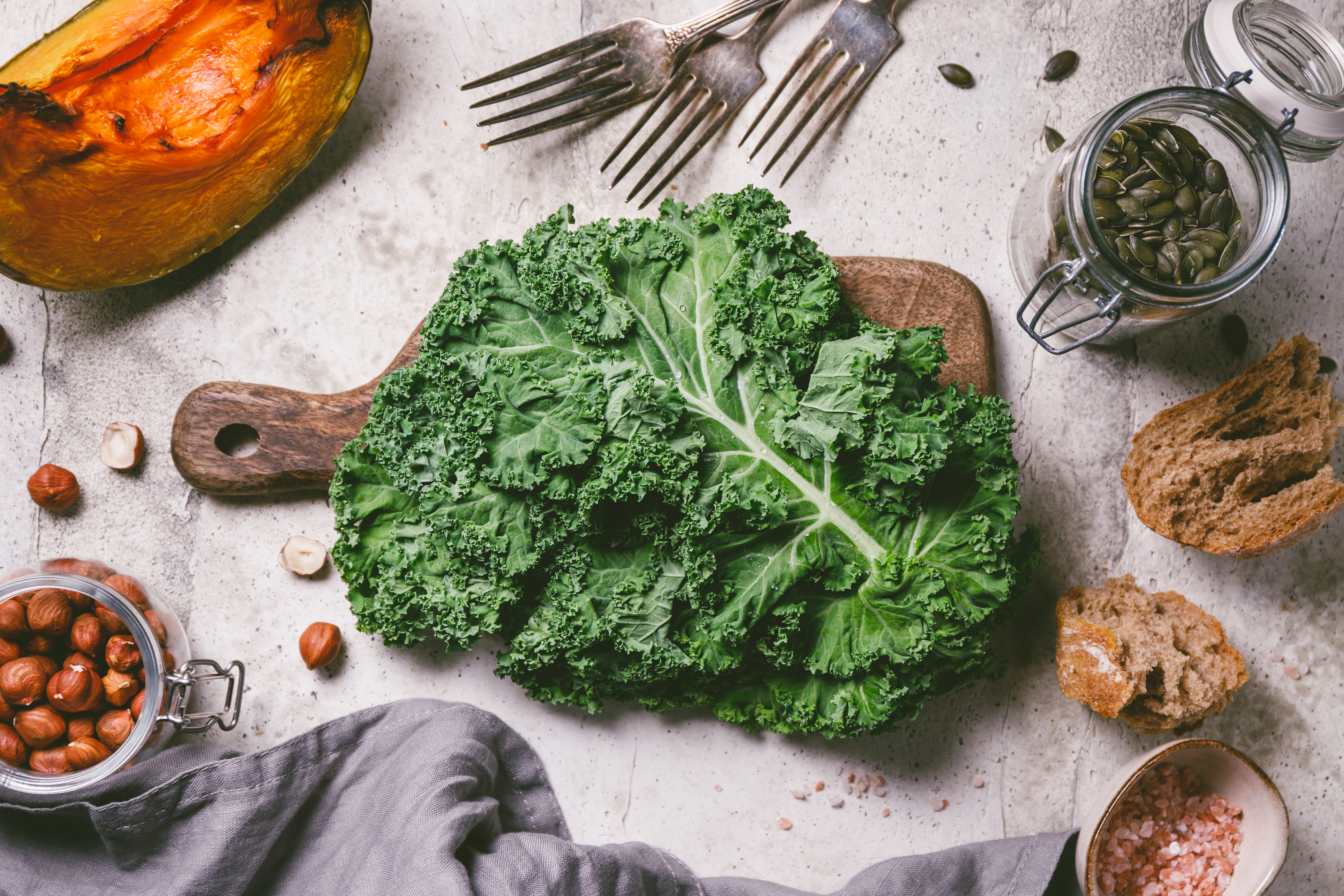
Leafy greens like spinach, kale, and Swiss chard are nutritional powerhouses packed with vitamins A, C, and K, as well as minerals and phytochemicals with anti-inflammatory properties. These greens are high in antioxidants, which help protect cells from damage and reduce inflammation. They also contain fiber, which supports gut health and further aids in reducing inflammation. Incorporating leafy greens into your diet can be as simple as adding them to salads, smoothies, or as a side dish. Their versatility means they can be enjoyed raw, steamed, or sautéed. Regular consumption of leafy greens has been linked to a lower risk of chronic diseases, making them an essential component of an anti-inflammatory diet.
4. Fatty Fish: Omega-3 Rich Superstars
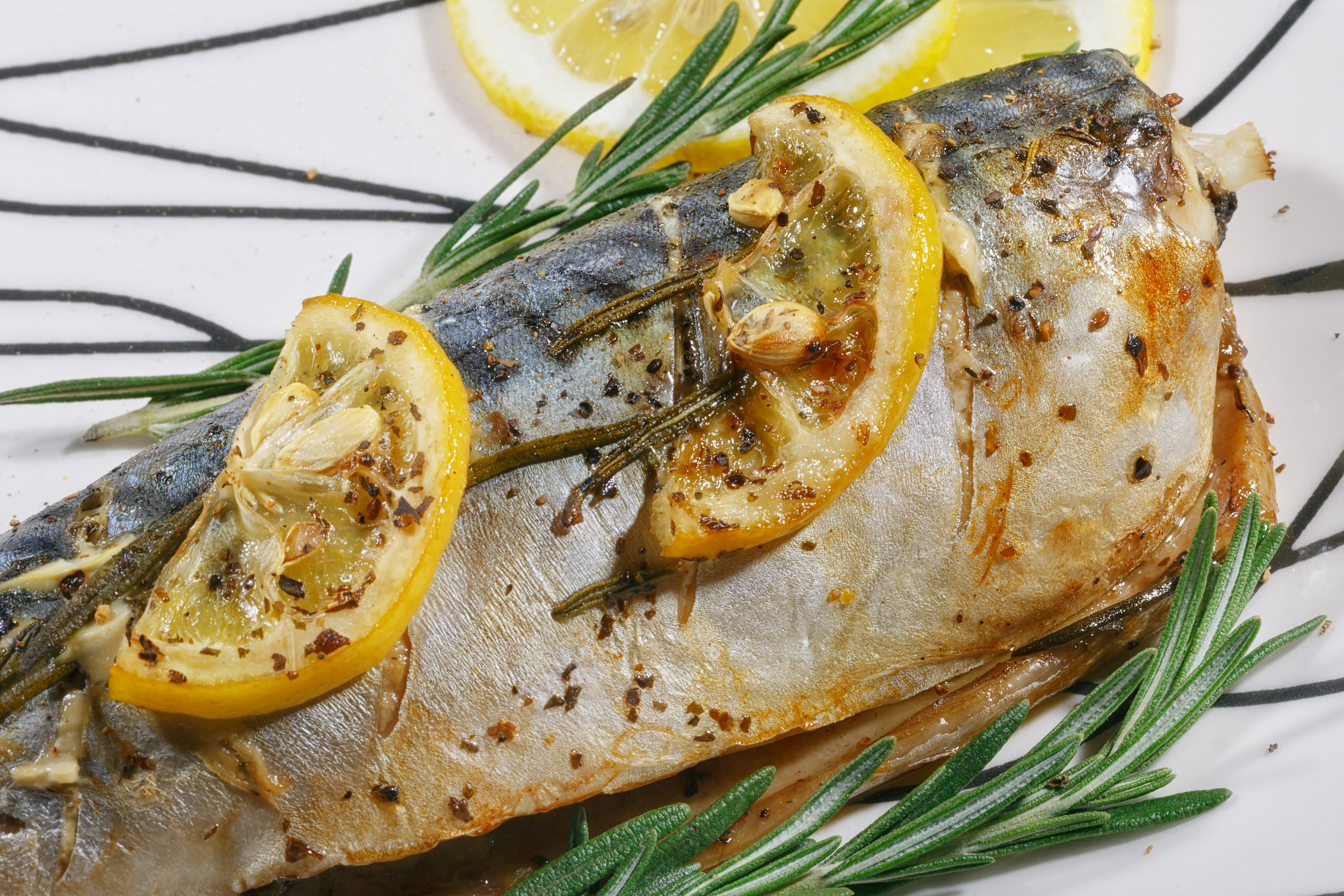
Fatty fish such as salmon, mackerel, sardines, and trout are among the best sources of omega-3 fatty acids, which are renowned for their anti-inflammatory properties. Omega-3s help reduce the production of inflammatory compounds and have been shown to lower the risk of heart disease, arthritis, and other inflammatory conditions. Including fatty fish in your diet can be as simple as having grilled salmon for dinner or adding sardines to a salad. For those who do not consume fish, omega-3 supplements derived from algae are an excellent alternative. Regular consumption of omega-3-rich foods is associated with improved heart health, cognitive function, and overall well-being.
5. Nuts and Seeds: Tiny Titans of Health
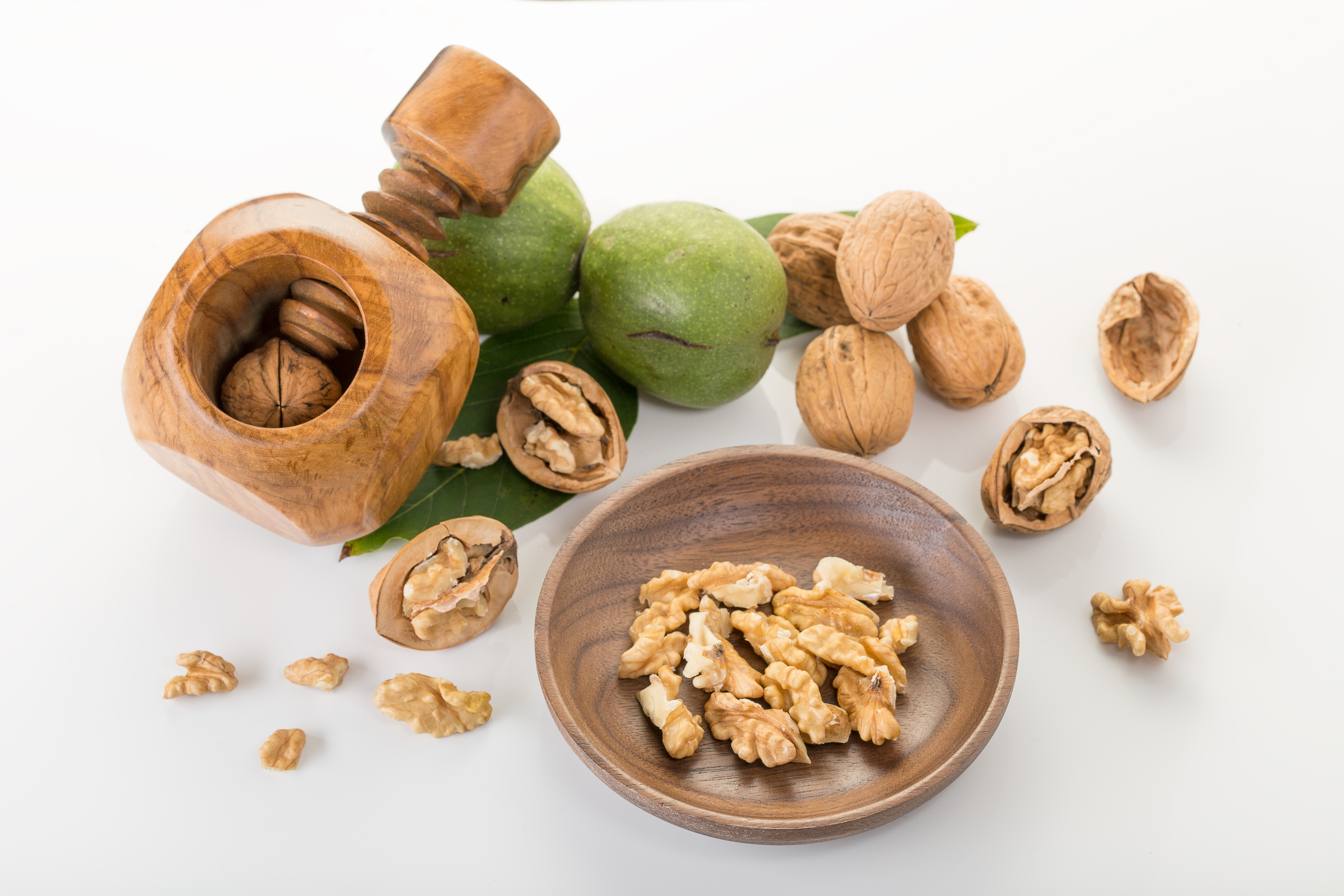
Nuts and seeds, including almonds, walnuts, chia seeds, and flaxseeds, are rich in healthy fats, fiber, and antioxidants. Walnuts, in particular, are high in omega-3 fatty acids, while almonds provide a good dose of vitamin E, a powerful antioxidant. These nutrients work together to reduce inflammation and support heart health. Nuts and seeds are easy to incorporate into your diet; they can be added to oatmeal, salads, or eaten as a snack. Their crunchy texture and rich flavor make them a satisfying addition to any meal. Regular consumption of nuts and seeds has been linked to a reduced risk of chronic diseases, highlighting their role as essential components of an anti-inflammatory diet.
6. The Allium Family: Garlic and Onions
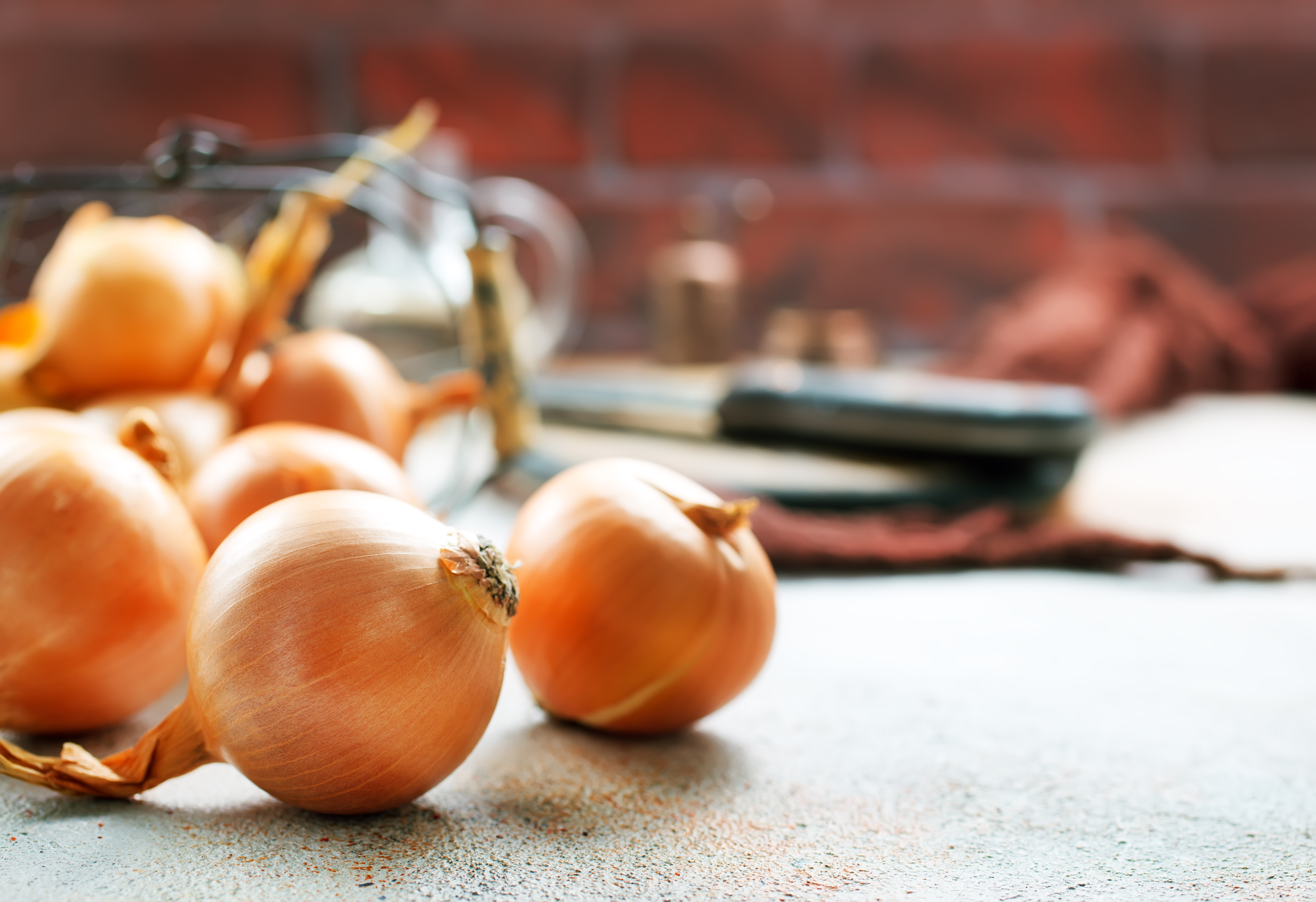
Garlic and onions are members of the allium family, known for their pungent flavors and health benefits. They contain sulfur compounds that have been shown to reduce inflammation and boost immune function. Garlic, in particular, has been used for centuries for its medicinal properties and is known to lower inflammation markers and reduce the risk of heart disease. Onions are rich in quercetin, an antioxidant that helps fight inflammation. Incorporating garlic and onions into your meals can be as simple as adding them to soups, stews, or stir-fries. Their robust flavors enhance the taste of dishes while providing a potent dose of anti-inflammatory compounds.
7. The Turmeric Tale: Curcumin's Magic
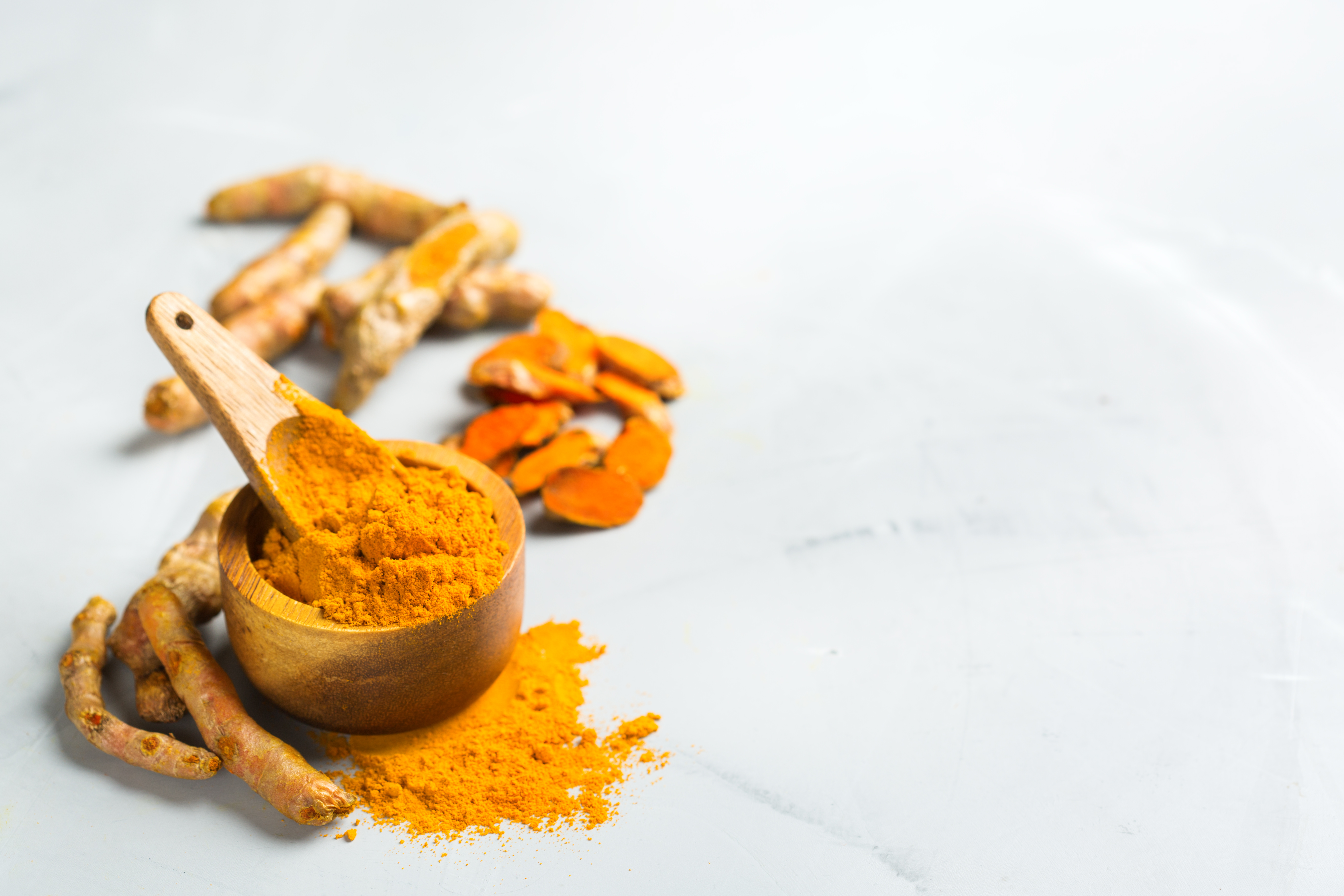
Turmeric, a bright yellow spice commonly used in Indian cuisine, contains curcumin, a compound with powerful anti-inflammatory and antioxidant properties. Curcumin has been shown to inhibit molecules that play a role in inflammation and has been studied for its potential to alleviate symptoms of arthritis and other inflammatory conditions. Incorporating turmeric into your diet can be as simple as adding it to curries, soups, or smoothies. To enhance the absorption of curcumin, it’s beneficial to consume it with black pepper and healthy fats. Regular consumption of turmeric can contribute to reduced inflammation and improved overall health, making it a valuable addition to an anti-inflammatory diet.
8. The Benefits of Green Tea

Green tea is rich in polyphenols, particularly epigallocatechin gallate (EGCG), which have been shown to reduce inflammation and protect cells from damage. Regular consumption of green tea has been associated with a lower risk of heart disease, cancer, and other chronic conditions. Green tea can be enjoyed hot or cold, and its subtle flavor makes it a refreshing beverage choice. For those who prefer a stronger taste, matcha, a powdered form of green tea, offers a more concentrated dose of its beneficial compounds. Incorporating green tea into your daily routine can be a simple yet effective way to support your body’s fight against inflammation.
9. The Citrus Advantage

Citrus fruits such as oranges, lemons, limes, and grapefruits are rich in vitamin C, an antioxidant that helps reduce inflammation and boost immune function. These fruits also contain flavonoids that have been shown to have anti-inflammatory effects. Incorporating citrus fruits into your diet can be as simple as enjoying an orange as a snack, adding lemon juice to water, or using lime in dressings and marinades. Their bright flavors and refreshing taste make them a delightful addition to any meal. Regular consumption of citrus fruits has been linked to improved heart health and a reduced risk of chronic diseases, underscoring their role as anti-inflammatory allies.
10. Whole Grains: The Fiber Connection
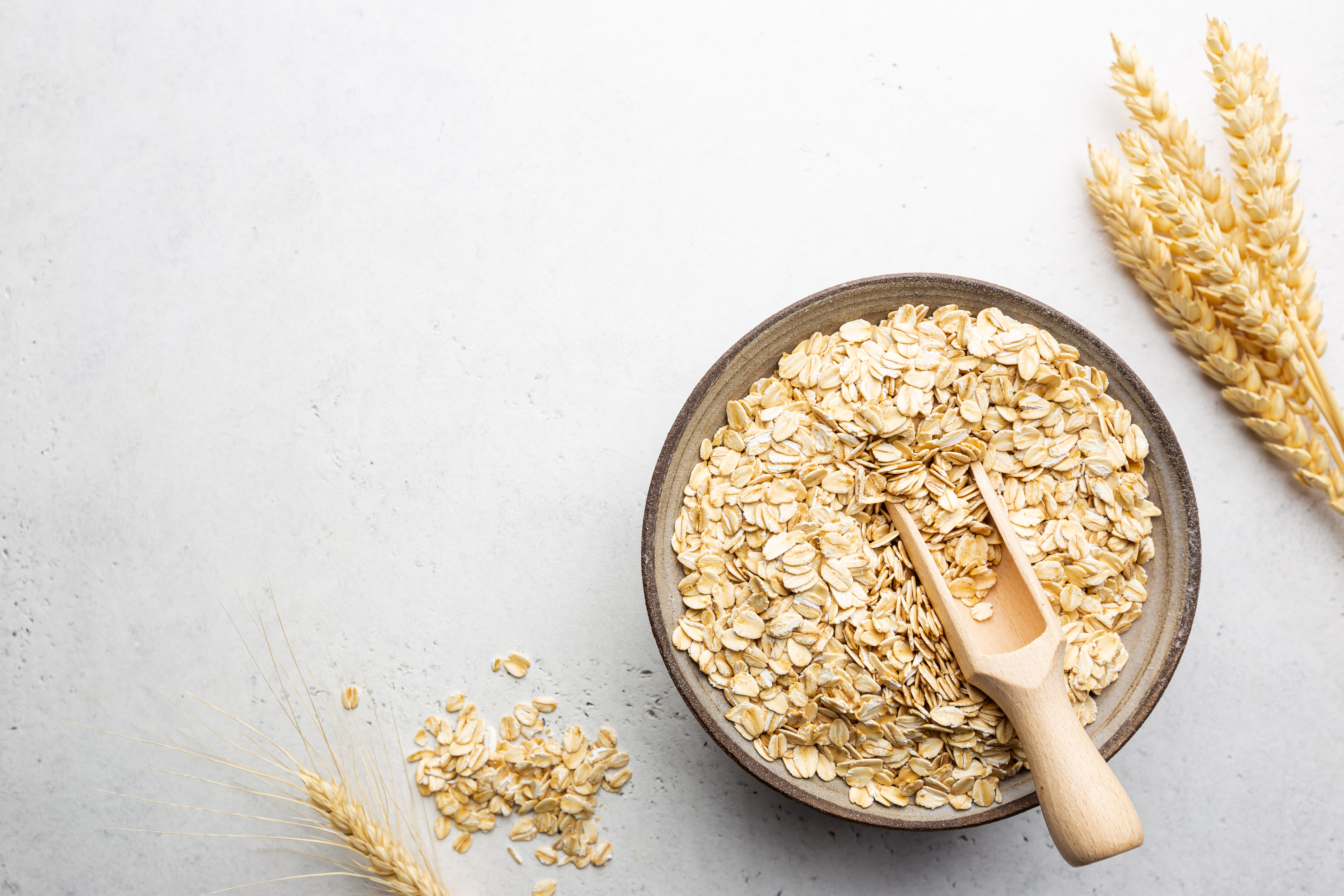
Whole grains like oats, brown rice, quinoa, and barley are rich in fiber, which supports gut health and helps reduce inflammation. Unlike refined grains, whole grains retain their bran and germ, providing essential nutrients and antioxidants. The fiber in whole grains promotes healthy digestion and helps maintain stable blood sugar levels, both of which are important for managing inflammation. Incorporating whole grains into your diet can be as simple as choosing whole-grain bread, pasta, or cereal. Their nutty flavors and hearty textures make them a satisfying addition to any meal. Regular consumption of whole grains has been associated with a lower risk of heart disease and other chronic conditions, highlighting their importance in an anti-inflammatory diet.
11. The Role of Legumes
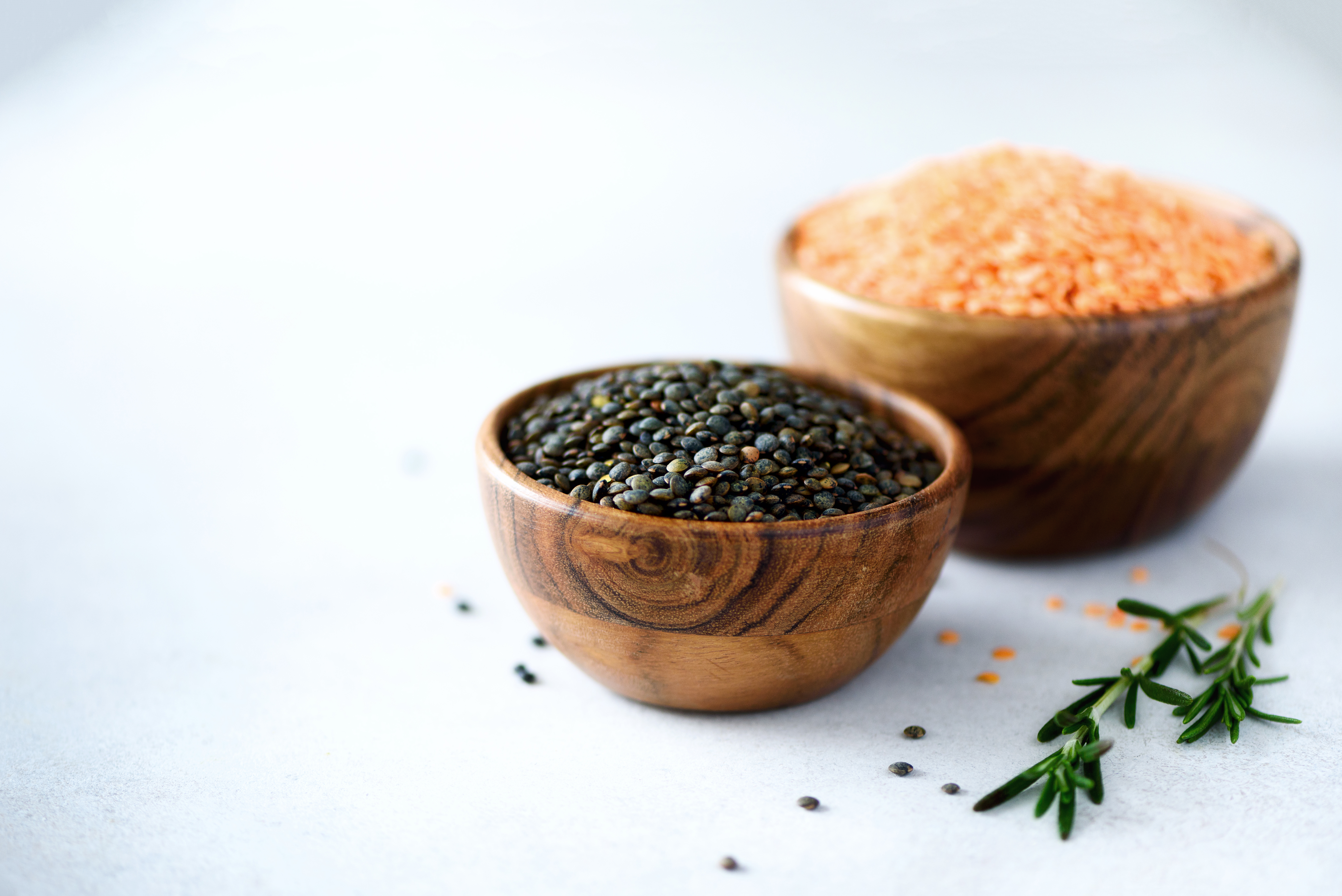
Legumes, including beans, lentils, and chickpeas, are rich in protein, fiber, and antioxidants. They provide essential nutrients that help reduce inflammation and support overall health. The fiber in legumes promotes healthy digestion and helps regulate blood sugar levels, which is important for managing inflammation. Incorporating legumes into your diet can be as simple as adding them to soups, stews, or salads. Their versatility and affordability make them a practical addition to any meal. Regular consumption of legumes has been linked to a reduced risk of heart disease, diabetes, and other chronic conditions, making them a valuable component of an anti-inflammatory diet.
12. Mushrooms: The Immune-Modulating Superfood
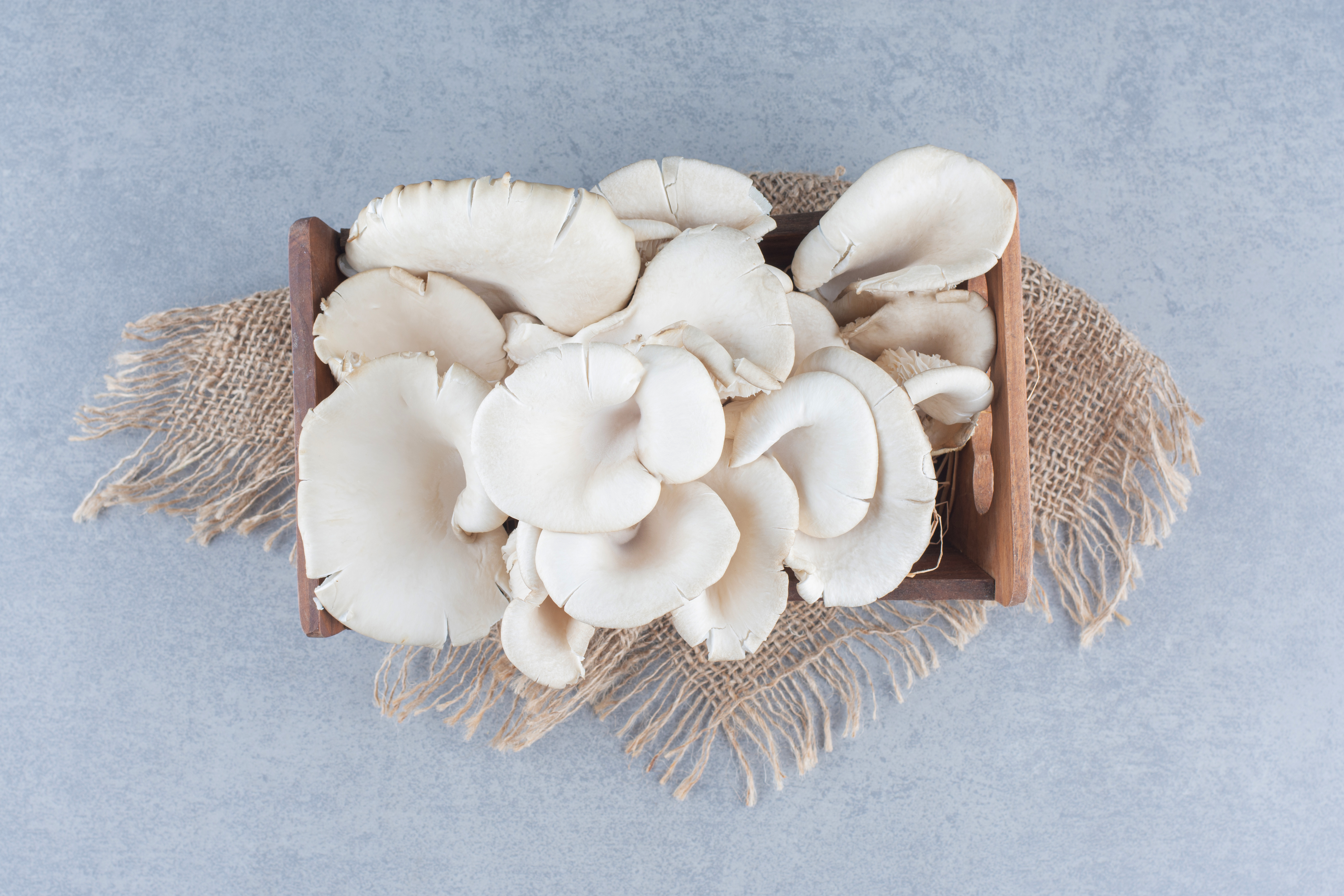
Mushrooms, especially varieties like shiitake, maitake, and oyster, are often overlooked in anti-inflammatory diets but pack a significant punch when it comes to reducing chronic inflammation. These fungi contain bioactive compounds like ergothioneine and beta-glucans, which have been shown to support immune regulation and decrease inflammatory markers in the body. Shiitake mushrooms, in particular, have been found to reduce CRP levels and enhance gut immunity. Additionally, mushrooms are rich in selenium, vitamin D (especially when exposed to sunlight), and antioxidants that combat oxidative stress. They’re incredibly versatile in the kitchen—add them to stir-fries, soups, omelets, or even grill them as a meaty, flavorful side dish. With their ability to modulate immune response and enhance gut health, mushrooms are a delicious and functional way to round out your anti-inflammatory arsenal, proving that some of the most powerful medicinal foods can be found right in your produce aisle.
Transforming Your Diet

Embracing an anti-inflammatory diet doesn’t mean sacrificing taste or enjoyment. By incorporating these 12 ordinary foods into your meals, you can naturally calm chronic inflammation and support your overall health. Each food offers unique benefits, and together they create a powerful synergy that enhances your body’s ability to combat inflammation. As you transform your meals into anti-inflammatory powerhouses, you’ll not only improve your health but also discover new flavors and culinary experiences. This journey towards better health is a testament to the power of food as medicine, and it begins with simple, everyday choices that can have a profound impact on your well-being.